Ten million dollars in new funding will, over the next five years, transform the RosBREED project from a research program devoted to genetic discovery into a more focused, practical phase of breeding fruit crops resistant to diseases.
The new funding, from the Specialty Crop Research Initiative, will bring plant pathologists into a program that has been dominated by geneticists and plant breeders. The project was originally funded in 2009 with $7.2 million dollars and its major goal was to discover and mark locations of genes important to fruit quality in apples, peaches, cherries, and strawberries.
The national team of scientists working on genomics, genetics, and breeding of rosaceous crops will now develop and apply modern DNA-based tools to deliver new cultivars with superior product quality and disease resistance.
RosBREED will continue to be managed by project director Amy Iezzoni, Michigan State University’s tart cherry variety and rootstock breeder, along with co-director Cameron Peace of Washington State University. They will lead a group of 35 scientists from 14 U.S. universities and USDA agencies, along with international cooperators.
Entitled “RosBREED: Combining Disease Resistance with Horticultural Quality in New Rosaceous Cultivars,” the project will apply new DNA-based tools and knowledge gained in the last five years in 22 U.S. breeding programs, focusing on eight crops: apple, blackberry, peach, pear, rose, strawberry, sweet cherry, and tart cherry.
The team will build on the foundation established in the preceding RosBREED project, which was titled “Enabling Marker-Assisted Breeding in Rosaceae.” Now the project will add key new scientists and target diseases industry stakeholders across the country have identified as key challenges.
Key diseases include fire blight, apple scab, powdery mildew, cherry leaf spot, bacterial spot, brown rot, Armillaria, and blue mold.
Using modern DNA tools, U.S. breeders will now be able to more rapidly develop cultivars with disease resistance combined with superior horticultural quality, USDA said in announcing the funding. Producers will have more options to sustainably protect their crops, while consumers and the entire supply chain will directly benefit from products with better taste, nutrition, keeping ability, and appearance.
For more on the project, see the January 1, 2015, issue of Good Fruit Grower magazine.

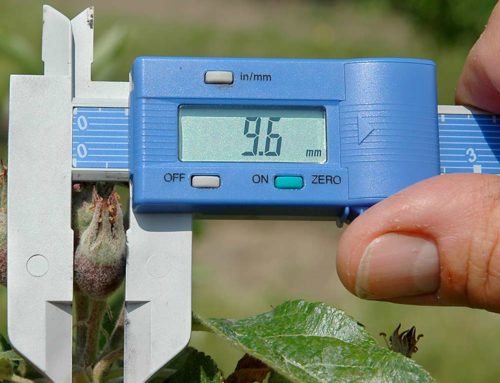
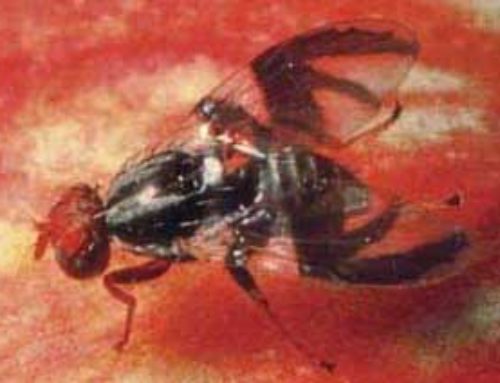
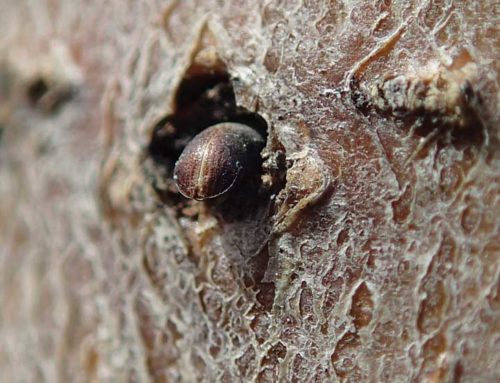
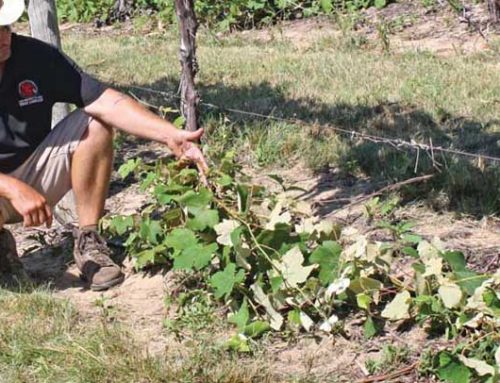
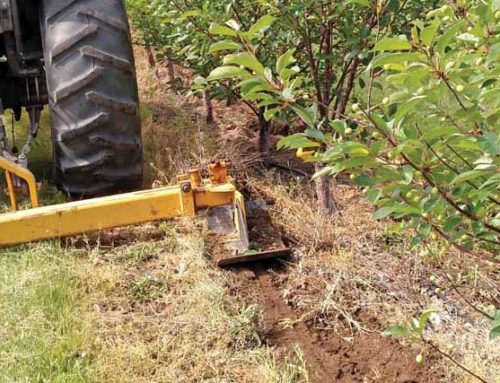
Leave A Comment